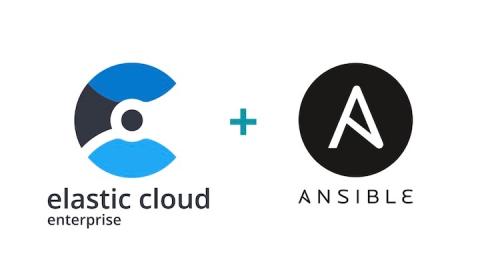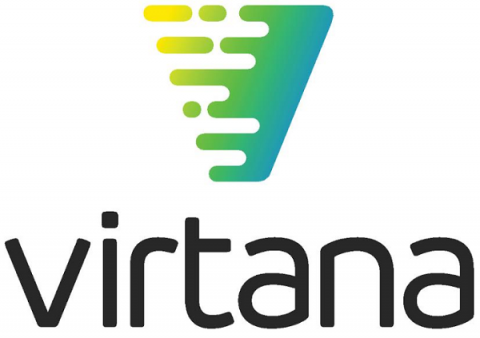5 lessons from the Lighthouse Roadshow in 2019
Having completed a series of twelve Lighthouse Roadshow events across Europe and North America over the past six months, I’ve had time to reflect on what I’ve learnt about the rapid growth of the Kubernetes ecosystem, the importance of community and my personal development.











